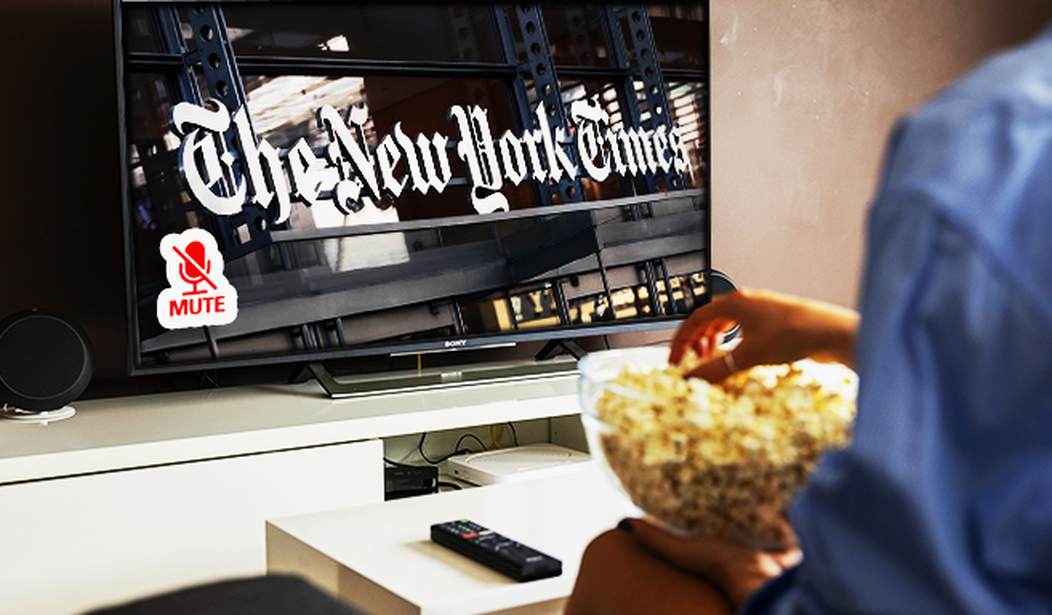Have we gotten to the point that it's politically necessary to defend the principle of free speech? Apparently so.
Consider the reaction of journalists -- people who, more than anyone else in our society, have a professional and economic interest in free speech -- to Louisiana-based District Judge Terry Doughty's July 4 decision on a motion to bar agencies of the federal government from pressuring social media outlets to suppress information the agencies deem "misinformation."
The injunction barring federal agencies from communicating with these firms was blocked from going into effect by the Fifth Circuit Court of Appeals on July 14. But no final judgment in the case has been entered, and, whatever the ultimate result, the wisdom of government speech suppression -- and the bizarre and outspoken support thereof by large parts of the press -- remain continuing issues.
Doughty's 155-page opinion cites allegations that White House and other government officials have "significantly encouraged" and "coerced" social media firms Facebook, Google and Twitter to suppress information not just occasionally but repeatedly, and often in peremptory and threatening tones. Those allegations have been backed up by the "Twitter Files" investigations of liberal writers Matt Taibbi and Michael Shellenberger.
The bewailing at this opinion came in loud and clear. The Washington Post, as columnist Mary Katharine Ham pointed out, lamented that Doughty's decision could "undo years of efforts to enhance coordination between the government and social media companies." The New York Times worried that Doughty's decision "could force government officials ... to refrain from notifying the platforms about troublesome content," and "could curtail efforts to combat disinformation."
Recommended
Quite a contrast with the responses of the Post and the Times to pleas from government officials not to print the Pentagon Papers in 1971. No less than Henry Kissinger argued that the release of the Papers would weaken the government's ability to conduct diplomacy and de-escalate the Vietnam War.
The Post's Katharine Graham and the Times' Arthur O. Sulzberger Sr. rejected these weighty concerns and risked prosecution because they felt the public had a right to the information. The current proprietors are Jeff Bezos and Sulzberger's grandson, who evidently take a different view.
That view is that the press has a responsibility to cooperate with the government to suppress what the government considers "disinformation" or "misinformation." Thus a writer in the left-wing Nation argues that speech must be suppressed in the interest of "preserving good-faith discourse in the name of public health and the preservation of democracy."
But Doughty's decision does not prevent the government from speaking, as it does every day. It seeks to prevent the government from stamping out other people's speech. And often, it turns out that the speech is right and the government's position wrong.
A prime case in point -- and an example of partisan politics -- were the successful efforts to get willing allies in the press to discredit and suppress the New York Post's October 2020 Hunter Biden laptop story. Antony Blinken, then of the Biden campaign and now secretary of state, encouraged the promulgation of a letter signed by 51 former intelligence officials claiming the story "had all the classic earmarks of a Russian information operation."
That was hogwash, as was the Russian collusion hoax many signers had peddled. But most press outlets suppressed mention of the Post's accurate story. The New York Times only got around to confirming its accuracy in March 2022 in the 24th paragraph of a 38-paragraph story.
The press also happily colluded in government efforts to suppress information about COVID-19. A prime example is the theory that the virus came from a lab leak in China, which in March 2020 emails National Institutes of Health Director Dr. Francis Collins called "a very destructive conspiracy" and his nominal subordinate Dr. Anthony Fauci characterized as "a shiny object that will go away."
Their attempts to discredit a theory that might have reflected badly on research they sponsored prevailed for some time, but it is considered, in columnist Robby Soave's words, "now extremely likely," although it will probably never be confirmed because of Chinese government obfuscation.
In any case, the lab leak theory was better founded than The New York Times' characterization, in a July 5 story, that the theory that "Covid-19 vaccines do not prevent transmission of the disease" is a "debunked claim."
In the press reaction to Doughty's decision, you can detect laments that many Americans no longer accept the word of elite experts in the FBI, the intelligence agencies or the public health authorities. But you don't find any acknowledgment that often that word has not proved good.
























Join the conversation as a VIP Member